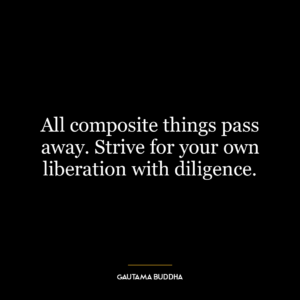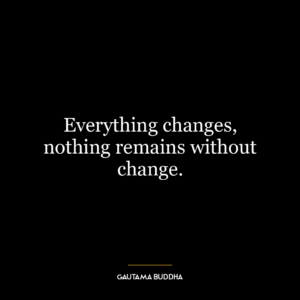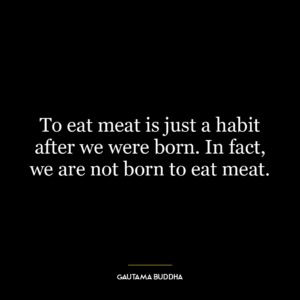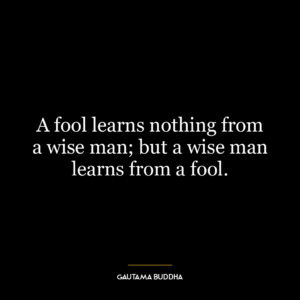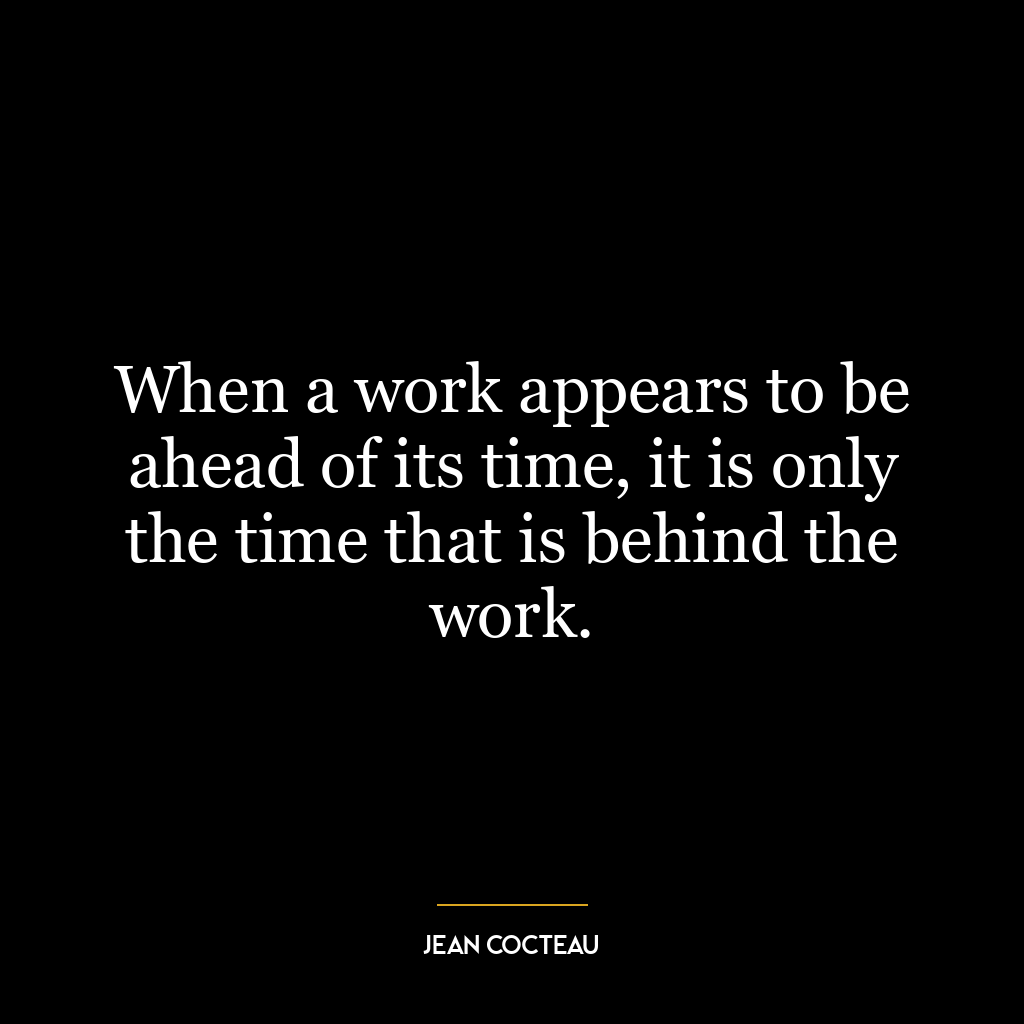They who imagine truth in untruth and see untruth in truth will never arrive at the truth.
This quote speaks to the idea of perception and understanding, suggesting that those who perceive falsehoods as truth, and truth as falsehoods, will never truly understand or grasp the concept of truth. It emphasizes the importance of discernment and critical thinking in recognizing what is real and what isn’t.
The first part of the quote, “They who imagine truth in untruth,” suggests a situation where someone believes a lie or an illusion to be true. This could happen due to many reasons such as misinformation, bias, or lack of knowledge. If we continually believe untruths to be truths without questioning them or seeking evidence, we are distancing ourselves from actual reality.
The second part “and see untruth in truth” refers to those who deny facts despite clear evidence. This could stem from cognitive dissonance – when people choose to reject information that conflicts with their pre-existing beliefs – or it could simply be due to stubbornness or refusal to change one’s mind.
In both scenarios described by Buddha’s statement, individuals are unable (or unwilling) to recognize the actual ‘truth.’ As a result they remain stuck in their own misconceptions and illusions without ever reaching enlightenment – which is here metaphorically referred as ‘the truth.’
In today’s world filled with fake news and misinformation spread via social media platforms this quote becomes particularly relevant. Many people fall into these traps either by accepting false information as true because it aligns with their existing beliefs (imagining “truth” in untruth), or rejecting verified information because it contradicts their worldview (seeing “untruth” in truth).
On a personal development level this quote can serve as an encouragement for self-reflection and intellectual honesty. It prompts us not only question our perceptions but also examine why we hold certain beliefs while rejecting others; whether our judgments are based on solid evidence or mere assumptions; if we’re open-minded enough accept new information even if it challenges our current understanding.
the quote is a call to strive for truth by being aware of our biases and misconceptions, questioning our beliefs, and always seeking evidence before forming judgments. It’s a reminder that reaching ‘truth’ requires intellectual humility and continuous learning.



